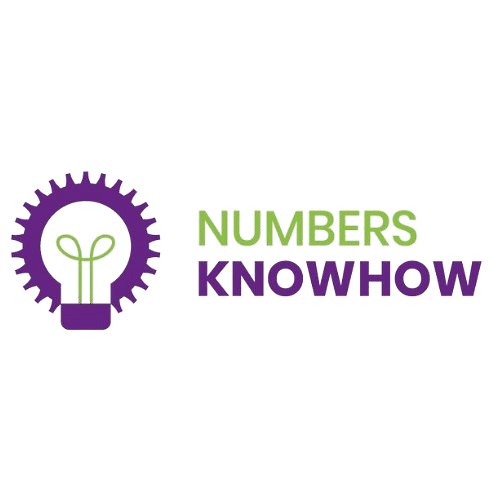Sole Trader
You are a sole trader if you are running your own business and have not set up any of the other type of business unit. A sole trader is business owned and managed by an individual, although it is not uncommon to also employ staff.
start trading immediately
You can start trading immediately, but HMRC must be notified. This can be performed online by following the instructions on the HMRC website:
Requirements & Obligations of a Sole Trader
- A sole trader must annually complete a self-assessment tax return on line and will be liable for Income Tax and National Insurance on the taxable profits.
- Whilst sole traders do not legally have to complete a set of accounts at the end of each year, it is good business practice to do so as it will help with the submission of the tax return and can be provided to interested parties as evidence of successful trading and income, eg banks, landlords etc.
- The individual is also liable for class 2 national insurance which is a flat rate of £2.75/week (2014). It is usually paid by monthly direct debit and this is the responsibility of the sole trader to set up.
- The other tax that sole traders have to be aware of is Value Added Tax (VAT).
- They must register for VAT if their sales / income is in excess of £81,000 (2014), see HMRC website for more details:
Legal Status of a Sole Trader
- A sole trader’s business is not a separate legal entity from the individual, therefore any debts incurred by the business are also debts for the individual.
- The individual can therefore be forced to sell personal items to clear the business debts eg homes and cars.
- On the plus side, all the profits also belong to the individual, and provided all applicable taxes are paid, the individual can keep any profits which they do not intend to reinvest in the business.
